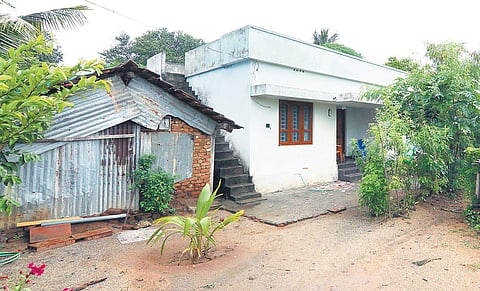

KOCHI: The state government on Wednesday filed an appeal before the Kerala High Court against the Palakkad Pocso special court order acquitting all the accused in the Walayar case where two minor girls allegedly committed suicide following sexual abuse. The government also sought a directive to conduct a further probe and retrial in the case. In the appeal, the state submitted it was quite clear that there was no coordination between the investigating agency and prosecutor to have a successful prosecution.
Though the forensic surgeon, who conducted the postmortem examination of the elder girl, opined the chances of homicide should be probed, the investigating officer did not make any serious effort to rule out the doubts. “It’s to be noted that one of the accused had expressed doubt that the death of the victim could be a homicide,” pointed out by the government.
Admitting the lackadaisical attitude of the police in the probe, the state submitted that “in a case involving offences punishable under the provisions of Pocso Act, the investigating agency has to take utmost care and diligence while collecting materials and evidence to ensure effective and successful prosecution. In this case, the agency committed serious errors which ultimately failed in prosecution.” The investigating agency also failed to conduct a fool-proof probe touching all areas. The elder girl committed suicide on January 13, 2017 and the crime was registered on the same day.
‘Walayar trial extremely erroneous and perverse’
THOUGH the investigation was conducted for nearly two months, the police officers could not detect the serious offences in spite of the clear finding arrived at by the forensic surgeon who conducted the postmortem examination about the sexual assault. If the investigating officers were vigilant, the culprits could have been booked immediately and the younger girl’s death could have been avoided. The trial was extremely erroneous and perverse.
The statement of key witnesses was recorded under section 164 of CrPC during the investigation stage and produced before the trial court. But none of those statements was used by the prosecutor with oblique motive, to contradict the hostile witnesses or to corroborate the supporting witnesses. The trial court committed a gross error in not adhering to the legal principle provided under section 29 of the Pocso Act which contains that the court shall presume commission of the offence by the accused unless the contrary is proved.
Through the oral testimony of the three witnesses, the prosecution could bring on record a strong presumption against the accused that the main accused has committed the offence. But in spite of the legislative mandate, the trial court has given benefit of doubt to the accused and acquitted them.
WHAT GOVT TOLD COURT
It was quite clear that there was no coordination between the investigating agency and prosecutor to have a successful prosecution
Though the forensic surgeon opined the chances of homicide should be probed, the probe officer did not make any effort to rule out the doubts